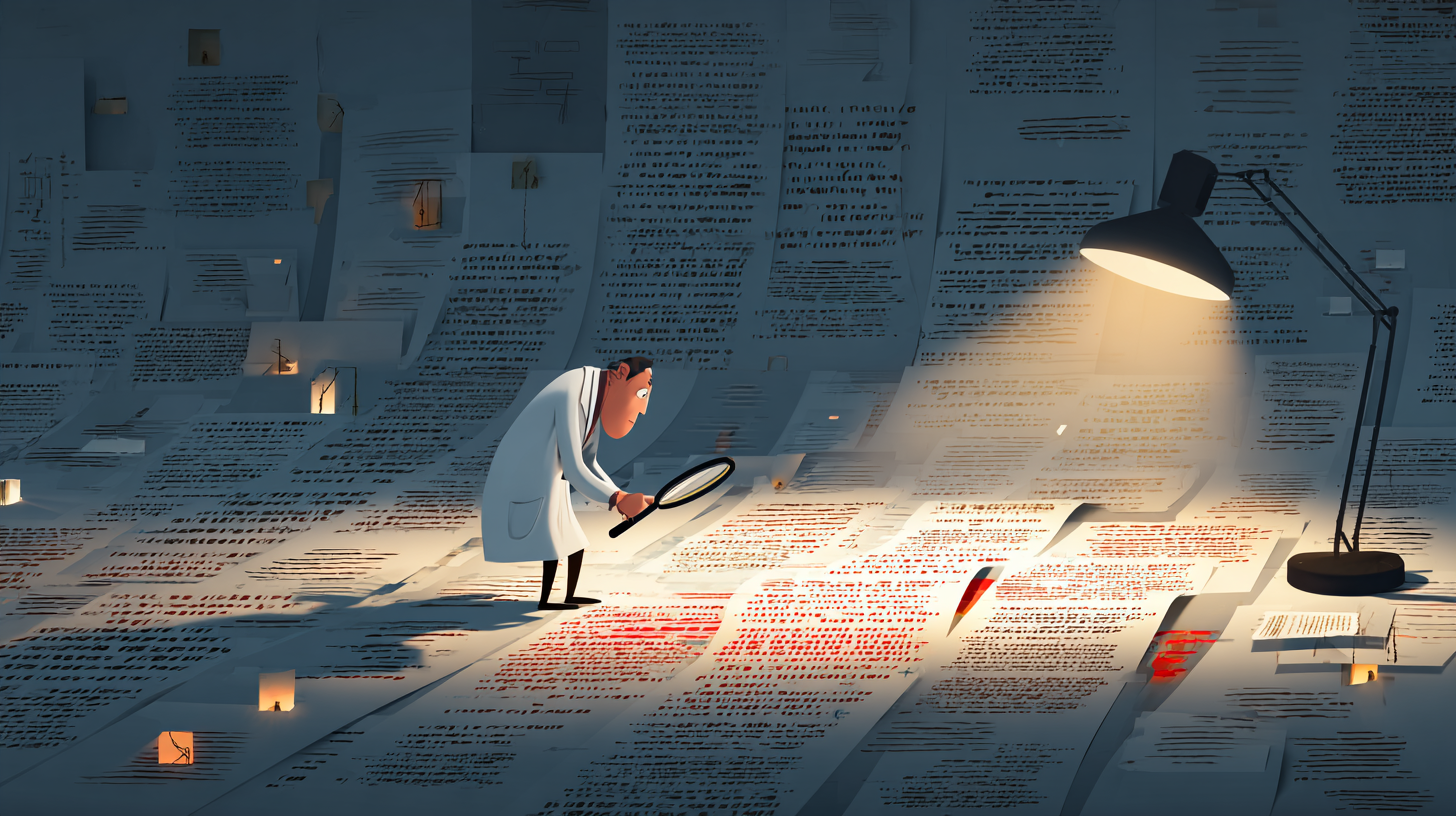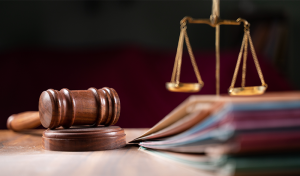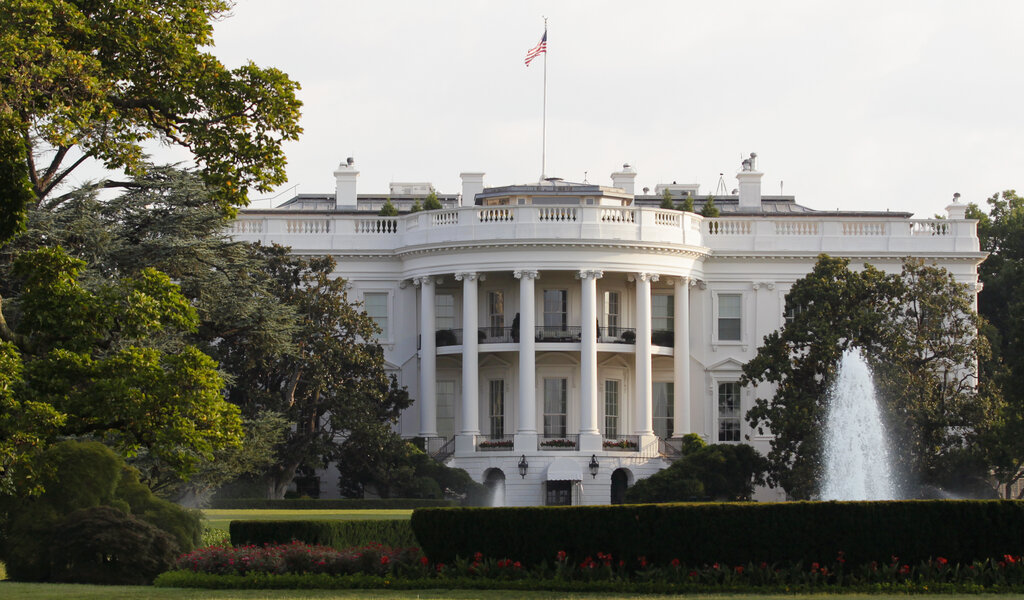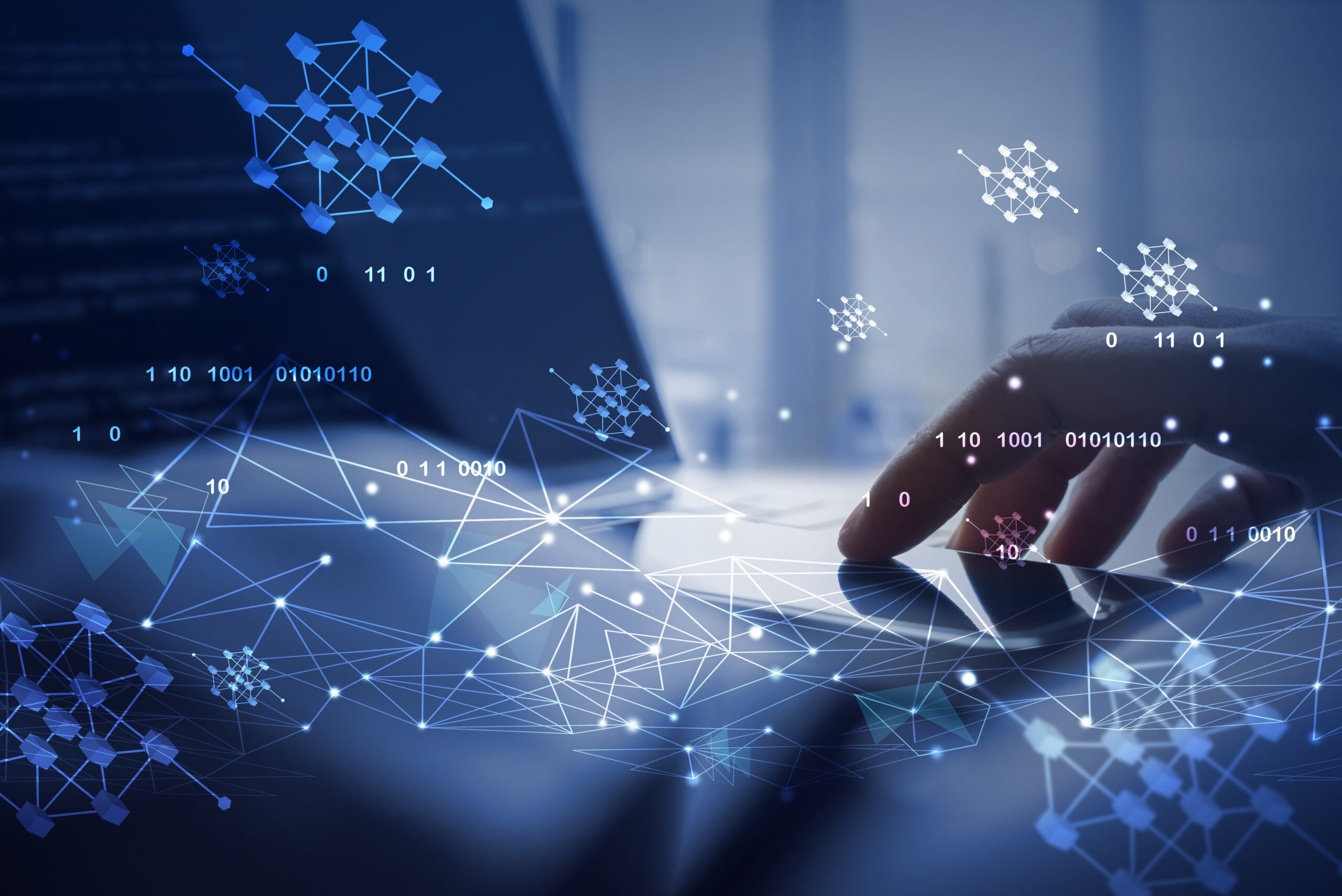
August 19, 2025
When Fact Checkers Stop Checking Facts
A recent Washington Post headline claimed its tech columnist, Geoffrey Fowler, had shown that “Meta’s new crowdsourced system to fight falsehoods [has] failed to make a dent.” The claim would fail a proper fact check. Meta launched its new program—Community Notes—on April 7 to replace third-party fact-checking. If you took the Post’s headline at face…

August 15, 2025
Dial-Up Internet May Be History, but It Still Conditions Our Current Internet Experience
This week’s announcement that AOL will be discontinuing its dial-up internet access service on September 30 triggered a bout of nostalgia in me—an internet dinosaur who first dialed up to ARPANET in 1980. Most of today’s internet users have never experienced the electronic cacophony as modems performed their ritual handshake, or viewed online interaction as…

August 14, 2025
Illinois Bans AI Therapy. Questions about Enforcement Remain.
Last week, my home state of Illinois became one of the first in the nation to ban AI therapy when Governor Pritzker signed the Wellness and Oversight for Psychological Resources Act (WOPR) into law. The bill, which is a clear nod to the 1983 film WarGames and its ominous supercomputer, signals lawmakers’ wariness about artificial…

August 14, 2025
Who Owns Information? Governments Are Asking the Wrong Question.
Who should control data? The question is increasingly central to policy debates in Washington, Brussels, and Silicon Valley. It’s being asked in antitrust lawsuits, AI regulation proposals, and sweeping data governance laws. But there’s a problem: The question is built on a faulty understanding of what information is—and what it takes to make it useful….

August 13, 2025
Reading the Mind of the Machine: Why GPT-5’s Chain-of-Thought Monitoring Matters for AI Safety
When OpenAI released GPT-5 last week, most coverage focused on the model’s performance gains, including fewer hallucinations, stronger multilingual abilities, and state-of-the-art results in health tasks. But buried deep in the 59-page system card is something far more consequential for AI safety: a section describing how OpenAI is monitoring GPT-5’s internal reasoning (“chain-of-thought”) in real-world…

August 13, 2025
Understanding Why the Supreme Court’s Ruling in Free Speech Coalition v. Paxton Is Narrow
With the US Supreme Court now considering in NetChoice v. Fitch whether to reinstate an injunction blocking enforcement of Mississippi’s online age-verification and parental-consent law, it’s vital to understand the narrowness of the Court’s recent ruling in Free Speech Coalition v. Paxton. The Court in Free Speech Coalition upheld, against a First Amendment challenge, a…

August 12, 2025
If the U.S. Doesn’t Set Global Tech Standards, China Will
Imagine an internet where your identity is automatically attached to everything you do—every website you visit, every click you make. That was the vision behind New IP, a proposal Chinese engineers introduced at a United Nations telecom forum in 2019. New IP would have replaced the current open internet with a government-controlled system designed for…

August 8, 2025
Is Making Platforms Responsible for Banning Australian Children’s Use a Straw Man?
Prime Minister Anthony Albanese’s Australian federal government is forging ahead with its “world-leading” legislation aimed at protecting Australian under-16s from social media harms. Last week, it was announced that YouTube—previously the beneficiary of a carve-out that excluded it from earlier versions of the legislation—will now be included in measures to “protect young Australians at a…

August 7, 2025
Securing Critical Infrastructure in the Age of AI
The Trump administration’s America’s AI Action Plan—released in July—takes a significant step toward positioning artificial intelligence as both a national asset and a defense tool. One of its most notable provisions calls for the strategic use of AI to protect America’s critical infrastructure, from pipelines and power grids to financial systems and public services. As…

August 6, 2025
Some Property Rights Archaeology
In a recent post, I discussed the interesting response to the idea that information has taken on the characteristics of common-law property: “That would be a bad idea.” Saying so has incongruence akin to looking at a rainstorm and saying it’s a bad idea. Good or bad, I believe it’s happening. And I think it’s…